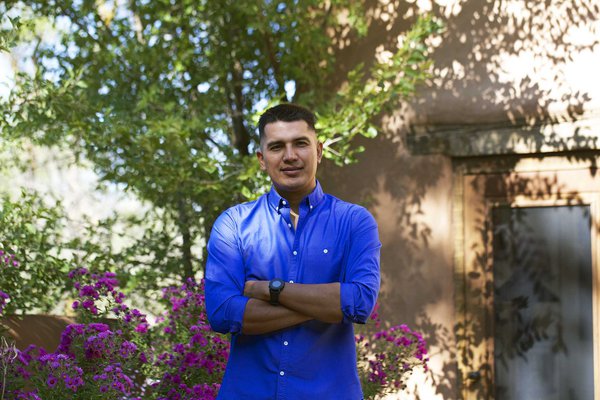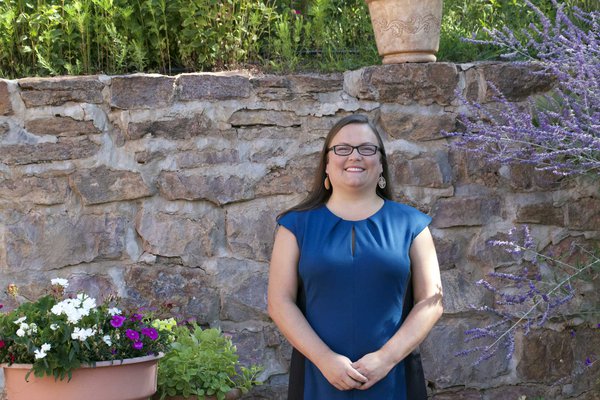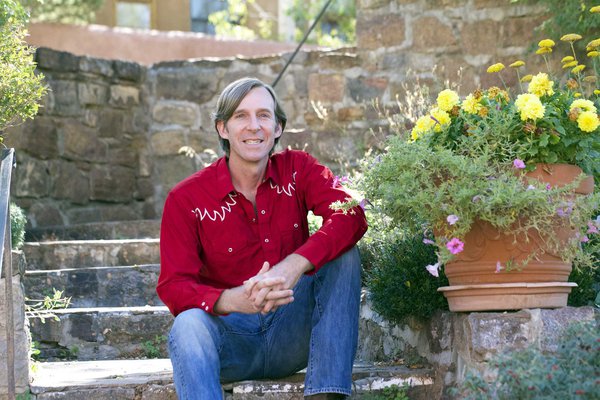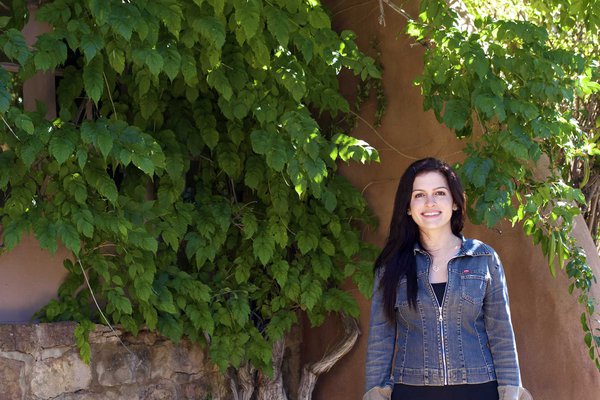
Joseph Aguilar
Katrin H. Lamon Resident Scholar
Archaeological investigations at Tunyo, an ancestral San Ildefonso home occupied during this period, allows for an examination of the anthropological phenomena of resistance through a study of material culture, ethnohistoric records, and oral histories. Furthermore, collaboration with San Ildefonso will give insight into how the revolt is memorialized by, and characterized in the identities of, contemporary Pueblo peoples. This re-evaluation of the revolt adds new and essential dimensions to our understanding of the narratives of Spanish conquest and the dynamics of colonialism and resistance among the Native peoples of the western hemisphere.

Kelly Fayard
Anne Ray Resident Scholar
This project brings together the three fields of race studies, Native American studies, and anthropological kinship studies to analyze the way in which the Poarch Band of Creek Indians, the only federally recognized tribe in Alabama, determines who is a citizen of the tribal nation. While the legal requirement for citizenship is a blood quantum of one-quarter, larger Poarch community beliefs about who belongs and who doesn’t is more complicated. Based on new ways of determining ancestry and kin from DNA tests, this project examines how Poarch Creek identity is more complex than simply whether or not a person is on the tribal roll.

Severin Fowles
Weatherhead Resident Scholar
This book project examines the history of indigenous imperialism in one of the key areas of Comanche expansion: the Rio Grande valley of colonial New Mexico. Whereas previous studies have entirely relied on textual archives authored by the Comanches’s opponents, this study draws upon new archaeological discoveries to tell the tale of the tribe’s aggressive push into the region using the material archives they themselves left behind.

Elana Resnick
Weatherhead Resident Scholar
Based on forty months of fieldwork in Bulgaria conducted on city streets, in landfills, Roma neighborhoods, executive offices, and at the Ministry of the Environment, this project examines the juncture of material waste management and social discrimination, specifically highlighting the intersection between physical garbage and the Roma minority, often considered “social trash” by non-Romani people throughout Europe.